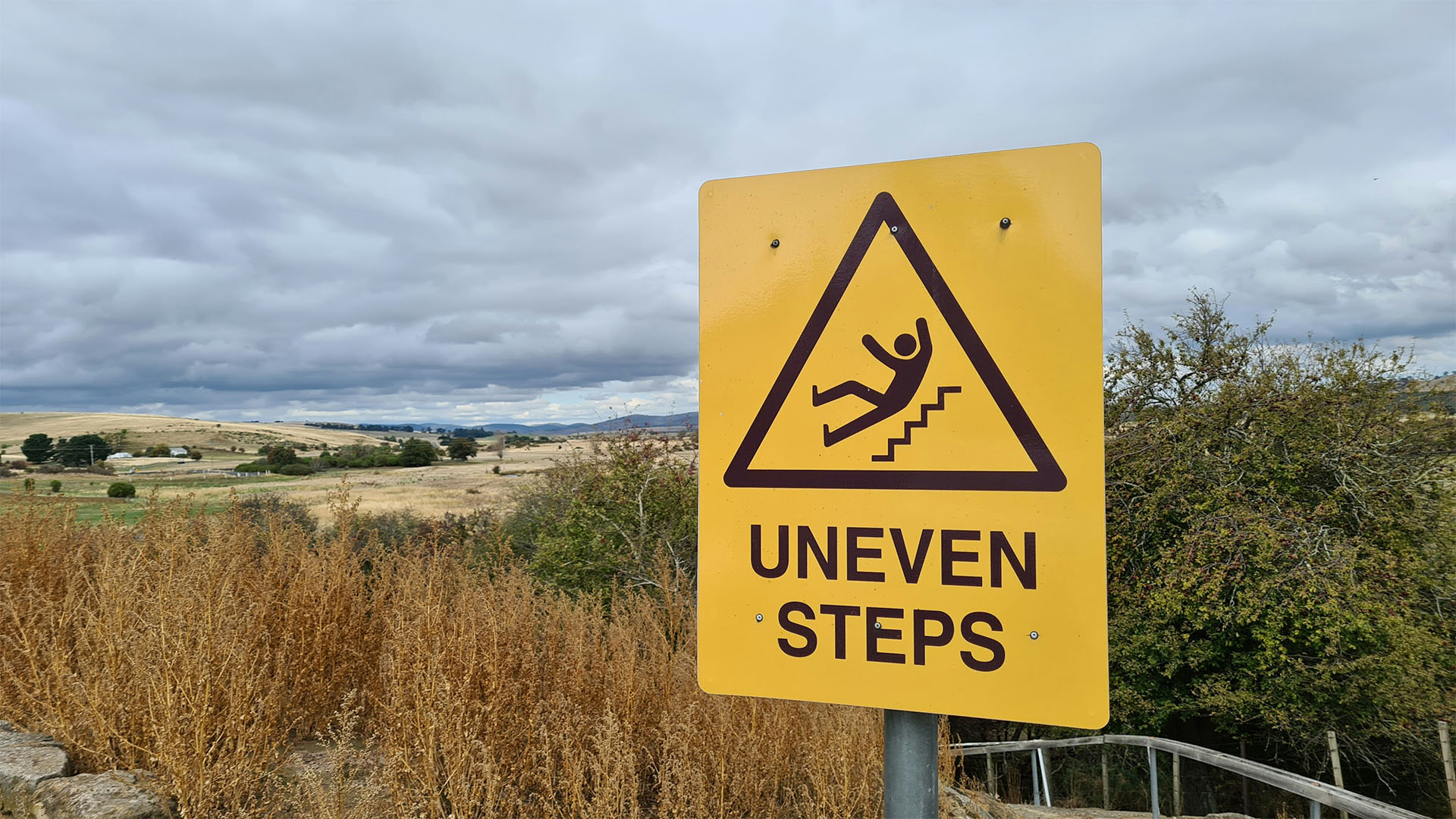Both federal and California state law protect employees from discrimination or harassment on the basis of protected categories including but not limited to age, race, religion, gender, and disabilities. If this discrimination or harassment occurs, the employee has the right to file a formal complaint with their employer as well as the applicable government agencies. As such, making these complaints is considered a protected activity. If the employer takes adverse employment action against that employee as punishment for engaging in this protected activity, it is considered unlawful retaliation. There are a few different kinds of protected activities that employees have the right to engage in without the fear of reprisal. It is important to know what your rights and options are under the law.
What is a Protected Activity?
In employment law, a protected activity is an action that an employee has the right to take, or an activity they have the right to engage in that their employer cannot punish them for. If they are punished in any way for exercising their rights, it is considered retaliation for participating in a protected activity. Oftentimes, protected activity retaliation comes in the form of an adverse employment action. If an employer retaliates against an employee for engaging in a protected action by firing them, it is considered wrongful termination. The Equal Employment Opportunity Commission (EEOC) has reported that retaliation is the most common complaint they receive.
If your employment rights have been violated, call us today at (866) 936 7349 to schedule a free consultation
What is an Adverse Action Prohibited by EEO Statutes & Regulations?
An adverse employment action is something that an employer does to negatively impact someone’s employment status. Adverse employment actions are a common way for employers to punish employees for engaging in protected activities and deter their coworkers from doing the same. However, there are many reasonable and legal reasons why an employer might take such an action. This is why it is important to have documentation that can prove that the motivation for the action was retaliation.
Types of adverse employment actions include but are not limited to:
- Reducing hours
- Reducing pay rates
- Negative reviews
- Harassment
- Denying promotion
- Demotion
- Denying benefits
- Suspension
- Termination
- Threatening adverse action
What Activities are Protected by the Prohibition Against Retaliation?
There are many activities that are protected by federal laws such as Title VII and the Americans with Disabilities Act as well as individual state laws. Many of them relate to taking action against discrimination in the workplace. This can include opposing discrimination by filing complaints about instances of discrimination that the employee has experienced or witnessed. It can also include participating in an investigation or proceeding regarding workplace discrimination. Even if the allegations are found to be incorrect and no actual discrimination has taken place, the employee is still protected, and it is unlawful to retaliate against them. There are other types of protected activities that relate to exercising other rights such as requesting accommodations and fulfilling civic duties.
Examples of Protected Activities
Under federal and state laws, employees in California have a right to:
- File complaints about discrimination
- Participate in discrimination investigations
- Refuse to participate in discrimination
- Report unlawful business practices
- Request Safety Data Sheets
- Inquire about safety and emergency procedures
- Report OSHA violations
- Cooperate with health and hazard inspections
- Defy unlawful or unsafe orders
- Request disability accommodations
- Request religious accommodations
- Go on FMLA leave
- Take lactation breaks
- File a worker’s compensation claim
- Go on disability leave
- Refuse sexual advances
- Report or complain about sexual harassment
- Discuss salary with coworkers
- Join a union
- Report for jury duty
Which Individuals are Covered by This Protection?
Not only are the employees who engage in these actions protected, but so are those with close connections to them. A good example of this is if a husband-and-wife work at the same company and the wife files a complaint saying that their manager is discriminating against her based on her gender, the employer cannot then take adverse employment action against the husband.
It is important to note that there are different specific state and federal laws that protect different employees from retaliation for engaging in different activities. Some activities protected in California may not be protected in other states. It is important to know what rights you have under which laws and what individual laws and protections exist in your state.
How California Defines Protected Activity
There are several types of protected activities that can be grouped together. In California, these are generally categorized as:
Safety/Health Violation Complaints – When an employee makes a verbal or written complaint to their union, employer, or a government agency like OSHA about health hazards or safety violations in the workplace.
Function – When an employee has an obligation to make a complaint due to their position.
Proceeding Participant – When an employee takes part in an investigation or proceeding involving violations such as safety hazards or discrimination.
Refusal to Work – When an employee refuses to obey an order or refuses to do part or all of their job because they have real reason to believe that doing so would be hazardous to the health and safety of themselves or others, or that the action would be discriminatory or otherwise illegal.
When is Discipline Appropriate?
There are occasions when an employee engages in a protected activity but also commits some kind of infraction that calls for disciplinary action. If the employer would have taken such action against the employee for the infraction regardless of the presence of the protected activity, then it may not be retaliation. It is important that the distinction be clear and that any action the employer takes does not discourage employees from engaging in the protected activity.
What are the Opposition and Participation Clauses?
The Opposition and Participation Clauses to Title VII of the Civil Rights Act specify that employers are prohibited from retaliating against employees who oppose unlawful practices or participate in any investigations or proceedings regarding unlawful practices.
The opposition clause does not require employees to prove that there are actual illegal discriminatory practices occurring, but they do have to be acting in good faith with reasonable cause to believe that is the case. If the employer can prove that the employee was not acting with reasonably good faith, they may take adverse action against them.
The participation clause protects employees who make charges, testify to a charge, or in any other way cooperate with an investigation or participate in official or legal proceedings against their employer. This can include filing an EEO complaint, producing evidence for an investigation, or giving witness testimony in court.
What is Opposition Conduct in a Retaliation Case?
A common example of opposition conduct is when an employee makes a complaint or even just threatens to make a complaint about illegal discrimination or harassment in the workplace. The complaint can also be about discrimination against others that they have witnessed, not just personally experienced. Another example is when an employee is being harassed or witnesses a coworker being harassed and demands that it stops. Opposition conduct can also take the form of inaction when action would otherwise include an employee in prohibited activity. In these circumstances, an employee may refuse to obey orders or adhere to policies and practices that are discriminatory.
What Opposition Conduct is Not Considered Protected?
Due to the personal nature of discrimination and harassment, some employees may react and respond in a very emotional way. While this is understandable, it can hurt your case. Things like storming out, yelling, swearing, and lashing out physically are all things that an employer can use to justify a valid and legal termination. They can argue that you were terminated for your behavior itself rather than the motivation behind it. In these situations, it is important to stay as calm and professional as possible. Do not escalate altercations or give in to someone trying to instigate a fight. If it is necessary to remove yourself from the situation, do so in a way that adheres to company policy and protocol.
If your employment rights have been violated, call us today at (866) 936 7349 to schedule a free consultation
What is Concerted Activity?
Section 7 of the National Labor Relations Act protects the right to concerted activity such as unionizing and collective bargaining. This can mean joining an established union, or any situation where at least two employees come together to negotiate with their employer for better working conditions. Employees who exercise this right are protected from retaliation. Section 8 of the NLRA specifically forbids employers from retaliating against employees for exercising their right to concerted activity. Employers are also not permitted to preemptively discourage or interfere with this right in any way including but not limited to threats, coercion, and manipulation.
What Should You Do If You Are Retaliated Against for a Protected Activity?
There are different options on federal and state levels for reporting workplace retaliation. They each have different time limits, so it is important to act immediately. You can file a claim with government agencies such as the EEOC, and they will generally conduct their own investigation. You can also contact an employment lawyer to consult on your situation, advise you of your options, and help you take legal action against your employer. It is important to have as much hard evidence as possible such as copies of emails, text messages, written complaints, and any other documents that show the protected activity and the retaliation that followed.
Where to File a Retaliation Claim
Your options for which government agency to file a claim with depend on the type of protected activity that caused retaliation and what category it falls under. Some of these agencies are federal, but others are state specific, so it is important to know what options are available for your state depending on the facts of your situation.
Wage and Hour Violations – In California, an employee who is retaliated against for actions taken to protect their right to lawful wages can contact the California Division of Labor Standards Enforcement within 6 months of the retaliation. They will conduct their own investigation and generally make a decision within 2 months.
Illegal Discrimination or Harassment – Employees who have been retaliated against for opposing illegal discrimination or harassment can contact the federal Equal Employment Opportunity Commission within 300 days of the retaliation. Employees in California with these types of retaliation claims can also contact the California Civil Rights Department (previously known as the Department of Fair and Equal Housing) within 1 year of the retaliation.
Health and Safety Violations – Employees who have been retaliated against for opposing health or safety hazards or violations can contact the federal Office of Safety and Health Administration within 30 days, though there are some circumstances where that time limit is extended. Claim forms can be found on the OSHA website, or you can contact your closest regional office. Employees in California facing this type of retaliation can also contact the California Division of Labor Standards Enforcement within 6 months of the retaliation.
Worker’s Compensation – In California, an employee who is retaliated against for filing a worker’s comp claim can file a retaliation claim with the California Workers’ Compensation Appeals Board within 1 year of the retaliation. This retaliation claim can be filed under California Labor Code section 132a and the applicable form can be found at http://www.dir.ca.gov/dwc/iwguides/IWGuide07.pdf
If your employment rights have been violated, call us today at (866) 936 7349 to schedule a free consultation
Contact Mesriani Law Group if You Have Been Retaliated Against
The law protects employees from being retaliated against for exercising their rights. When employers break these laws, they must be held accountable. Filing a lawsuit against an employer can be a daunting process in an already stressful time. An employment attorney can review your situation, help determine if you were retaliated against, guide you through the legal process, and build a case to help get you the compensation you deserve. If your employer took adverse employment action against you in retaliation for you engaging in a protected activity, call Mesriani Law Group today for a free consultation.
Protected Activity FAQs
What is protected activity in a retaliation claim under Title VII?
Title VII of the Civil Rights Act protects against discrimination in the workplace on the basis of protected categories such as race, religion, and sex. Employers are not permitted to retaliate against employees for exercising their rights under this law. This type of protected activity includes but is not limited to:
• Filing a complaint about being discriminated against
• Reporting discrimination committed against someone else
• Intervening to stop someone from being harassed
• Refusing to comply with sexual harassment advances
• Refusing to obey orders or follow procedures that are discriminatory
• Cooperating with an investigation into discrimination or harassment
What is protected activity under California law?
In addition to Title VII, there are many federal and state laws that protect workers and their right to engage in certain activities. This can include:
• Opposing discrimination and harassment
• Opposing health and safety violations
• Discussing wages
• Joining a union
• Reporting illegal business practices
• Requesting reasonable accommodations
• Going on FMLA or similar protected leave
• Filing a worker’s compensation claim
• Attending jury duty
• Appearing as a witness in court
• Participating in political activities
What does it mean to be protected at work?
Employees have the right to a workplace that is free of discrimination, harassment, and retaliation.
• Discrimination – Employment decisions made based on protected characteristics such as age, disability, race, religion, or sex; An employee being treated differently than coworkers who are not part of their protected category.
• Harassment – Constant and pervasive behavior that creates a hostile work environment that is intolerable and prevents the employee from being able to perform their job. Illegal harassment is when this behavior is motivated by discrimination or retaliation. Sexual harassment is considered sex-based discrimination under employment law.
• Retaliation – An employer taking adverse employment action such as cut hours, reduced pay, unwarranted writeups, and termination as punishment for an employee engaging in a protected activity such as opposing discrimination or taking FMLA leave.
There are basic protections under federal law, and individual states may have their own additions. Anything not protected under federal law might be protected in one state and not another. This can become more complicated for people who work remotely. It is important to know which laws apply to you and what rights and protections you have.
What are the two broad types of protected activities?
Title VII of the Civil Rights Act defines protected activities under two broad categories.
Opposition – Opposing unlawful business practices in the workplace. This can include making internal complaints or refusing to engage in certain practices. The employee is protected even if there turns out to not have been any discrimination present so long as the employee was acting in reasonably good faith belief that there was.
Participation – Participating in a formal complaint process, investigation, or proceeding against an employer for unlawful business practices. This can include filing a complaint with a government agency such as the EEOC, providing evidence for an investigation, or giving witness testimony in court proceedings.








